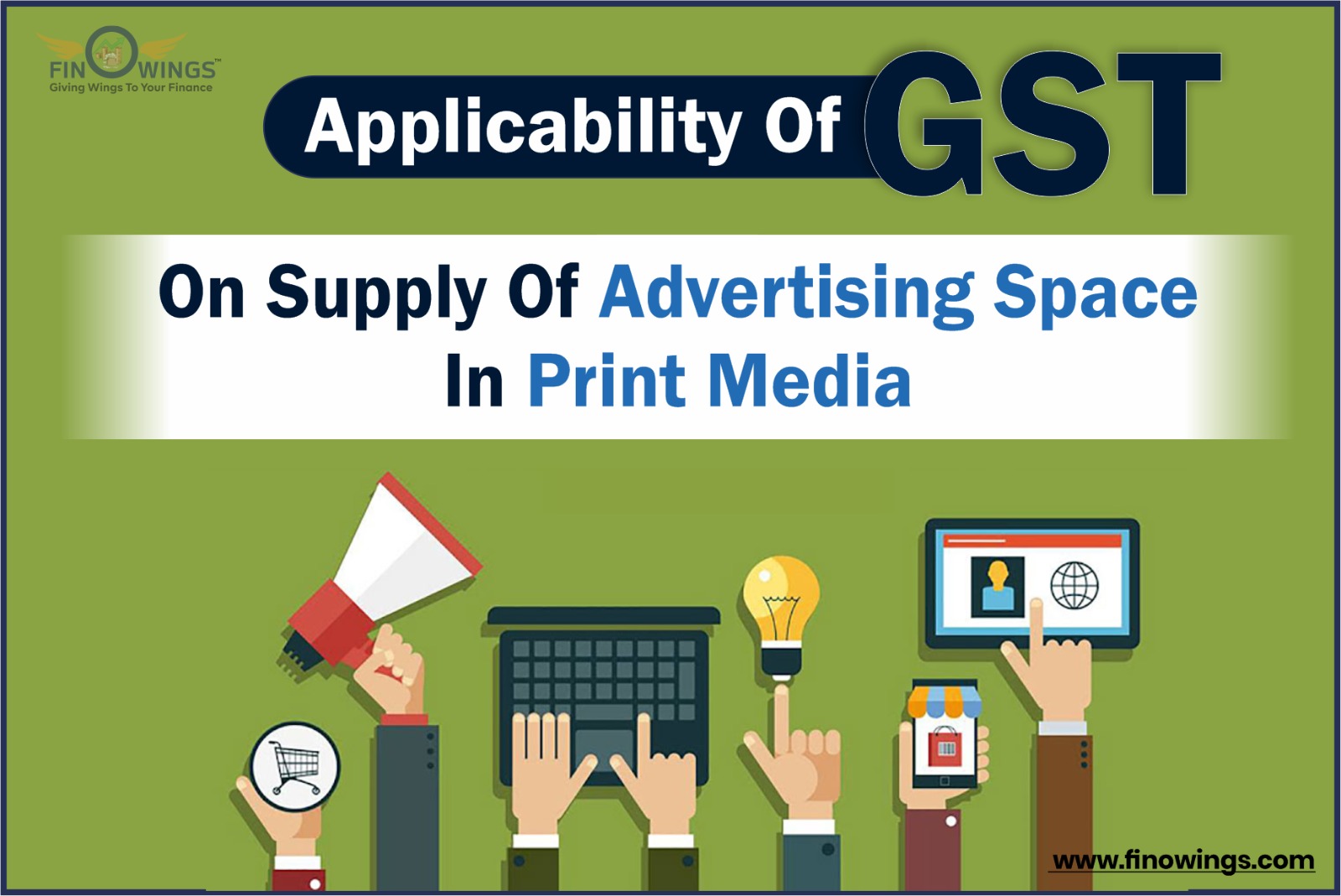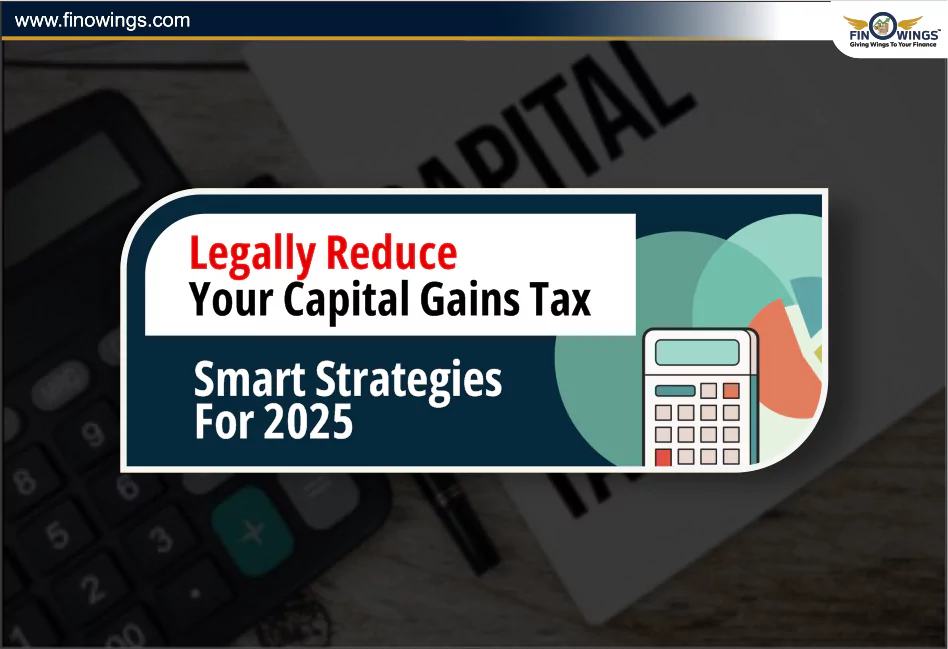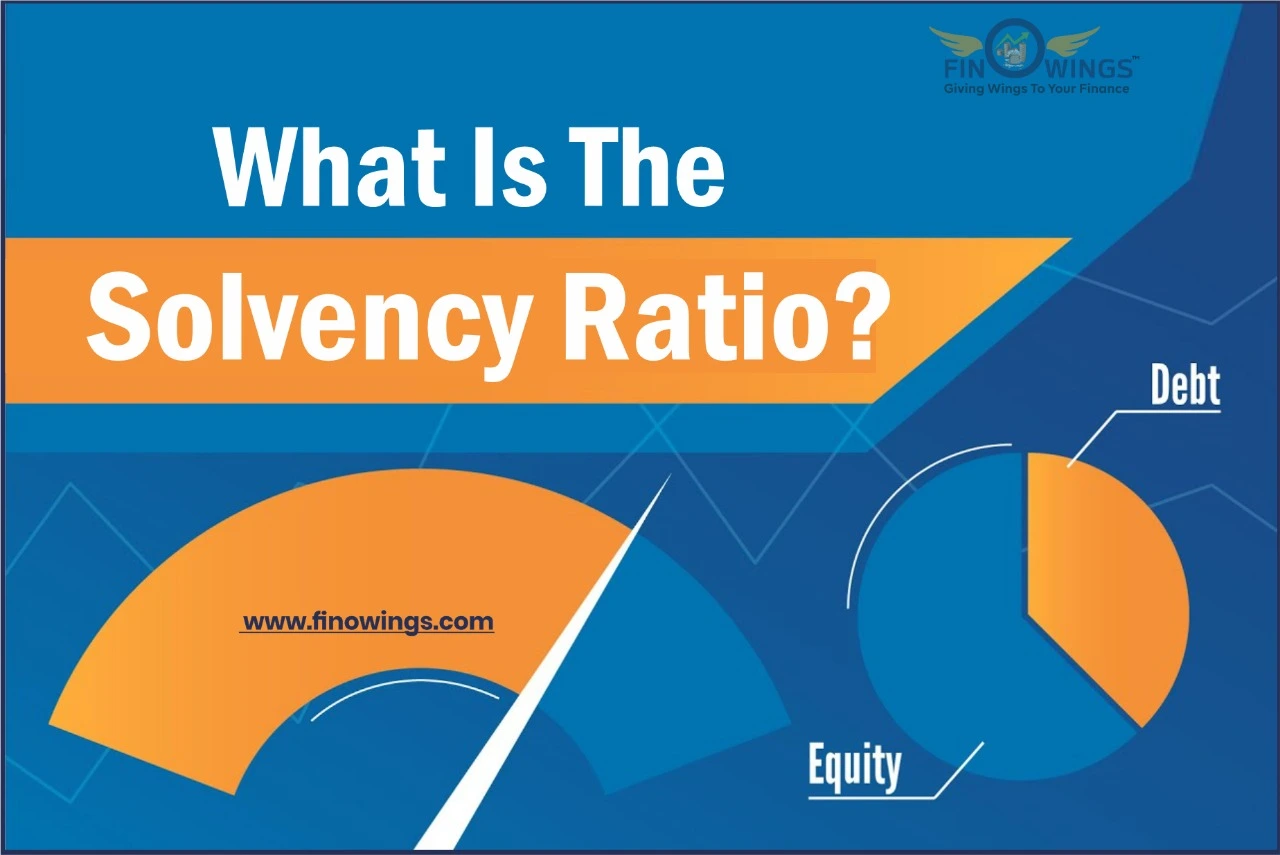Home >> Blog >> Application of GST on Supply of Advertising Space in Print Media
Application of GST on Supply of Advertising Space in Print Media

Table of Contents
Introduction
Print media advertising aims to reach mass consumers by using physically printed media like newspapers, billboards, and magazines as a means of mass communication. According to the marketing sector, print media is one of the earliest product promotion techniques. The success of every firm is heavily reliant on its advertising. Advertising can be used to facilitate interactions between goods and services and consumers. Approximately 37% more was spent on advertising in 2021 than in the previous year, 2020, totaling Rs. 74,231 crores. With ever-increasing modes of advertising, the taxability of the same grows more complicated. Let's review the provisions for taxability of the supply of advertising space in print media under the GST.
Pre-GST Taxability of the Advertising Sector
Since the introduction of service tax on all services (apart from those covered by the negative list) effective from July 1, 2012, service tax has been applied to all facets of advertising services, with the exception of some situations where space or time is being sold for advertising. As a result, sales of advertising space on hoardings, time slots between television shows, and similar transactions were exempt from tax. With effect from October 1, 2014, all other sales of space/time agreements were brought under the net of service tax, while the negative list was changed to limit the non-taxability to the sale of space in the print medium.
Tax rates for the advertising sector under GST
The sale of advertising space in print publications, as well as other types of advertising, is subject to GST. The unrestricted flow of credits on the procurement side results in an overall decrease in advertising value, even though this causes an increase in cash outflow. Delivering promotional content to users via multiple online and digital platforms is the essence of digital advertising. Websites, emails, and SMS are just a few digital platforms where the advertisement can be displayed.
● GST on advertising through digital media
The advertiser and the publisher are the two parties involved in these interactions.
● Advertiser – One who wants to advertise a product, idea, website, etc.
● Publisher – One who publishes these advertisements.
The advertisement may be sent through various digital channels, including websites, emails, and SMS. Digital media advertisements are subject to GST at a rate of 18%.
For instance, a website owner might sell a company space on his website. The GST payable on such space (also known as a banner) is Rs 18,000 (100,000 x 18%) if the website owner charges Rs 100,000 for the sale of such space.
● GST on advertisement in print media
In this instance, print publications like newspapers publish the advertisement.
As an illustration, consider the sale of space on page 1 of a newspaper by a reputable publisher to a company. For example, if a publishing company charges Rs 100,000 for the sale of such space, then the GST levied on that amount is Rs 5,000 (or Rs 100,000 x 5%).
Advertisements via advertising agencies
An advertiser has a wide range of choices when advertising a business. One such choice is for firms to work with an agency rather than directly approaching advertisers for advertising.
When such an arrangement is made, one of two things could happen:
● Advertisement in the Principal's Capacity - The advertiser approaches the advertising agency to advertise the firm. The advertising agency buys the advertisement in its name from the advertising agency, then resells it to the advertiser. Illustration, A newspaper publishing company sells an advertising agency space on page 1 of its publication.
GST payable on the sale of such space will be Rs 5,000 (100,000 multiplied by 5%) if the company charges Rs 100,000. The amount of GST when the advertising agency sells the same spot to a commercial entity for, let's say, Rs. 150,000 is Rs. 7,500 (1,50,000 x 5%).
● Advertisement in Agent's Capacity - To advertise their business, a company can get in touch with the agent rather than the advertiser.
● The advertising agency purchases the space for the advertiser's benefit, but it does it at a commission. GST will be assessed in this situation at 5% for print media advertisements or 18% for digital media advertisements. A GST of 18% would be applied to the commission fees by the advertising agency.
Advertisement through a registered person from another countries
According to Section 5(3) of the IGST Act of 2017, the reverse charge mechanism applies to the goods and services that have been notified. In addition, this holds for any service supplies made by a person based in a non-taxable area to a person based in a taxable area, excluding those made to non-taxable online recipients. Therefore, as a recipient of services, Mr. A would be compelled to pay the government his GST debt if he purchases advertising services from M/s. HIJ is a company based in a non-taxable territory.
ITC on Advertising services
Advertising companies spent a lot of money on the high-end electronics and equipment they needed for their enterprises, but they were not allowed to claim credit for those purchases.
They would be qualified to submit a credit claim for the taxes paid on such equipment under the GST. Advertising agencies must complete the advertisement shootings in outlying areas without a physical presence for those agencies to conduct business.
For example, take an advertising agency with a Maharashtra registration that decides to film a commercial in Jammu and Kashmir. The advertising agency would incur significant expenses for the crew's lodging, for which the hotel would bill CGST + Jammu GST. Still, they would not be eligible for a credit because they are registered in Maharashtra (credit is only available for IGST and CGST + Home State GST).
Judgments
In re Time Education Kolkata Private Limited
Selling advertising space in a print medium (SAC 998362) is subject to CGST and SGST taxes at a rate of 2.5% each. Contrarily, the service for "Sale of additional advertising space or time" is listed as 998366 in the SAC provided in the Notification's annexure. Serial no. 21 of the aforementioned Notification makes no mention of this particularly. This service will undoubtedly be classified as item (ii) of serial no. 21, which refers to various professional, technical, and business services subject to 9% CGST and SGST taxes, respectively. The Notification clearly distinguishes between the sale of "simple advertisement space" and "Other advertisement space," the latter of which has a different SAC code - 998366. According to this announcement, the applicant is providing separate services, each of which is subject to a different price. As a result, it's not necessary to consider how to derive a composite supply from the two processes of designing and incorporating a space. As a result, the relevant rate of tax under the CGST and SGST is 2.5% when only advertising space and print media are supplied (SAC 998362). However, when ornate space is supplied, it shall be treated as other advertisement space falling under item (ii) of serial no. 21 and, as a result, will attract tax at 9% under the CGST and SGST, respectively.
Summing up
A popular form of advertising is print advertising. These commercials can also be found as booklets or fliers inside newspapers or magazines. Advertisements in print media, such as newspapers, magazines, etc., are subject to a 5% GST tax. Digital media advertising, such as that seen on websites, emails, or SMS, is subject to GST at 18%. An advertising agency must pay GST at 18% on the sales commission it receives from the newspaper when it purchases space from the newspaper and sells it to customers for advertising purposes on the newspaper's behalf. Advertising businesses that utilize high-end electronics and equipment can receive a tax credit under the GST for the taxes they pay on such purchases. It is pertinent to note that ITC can be claimed for expenses subject to tax under the IGST and CGST+SGST of the state where the business is registered.

















